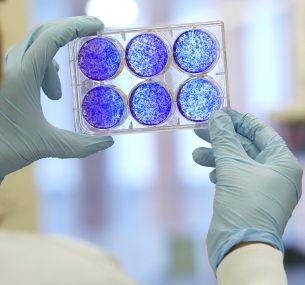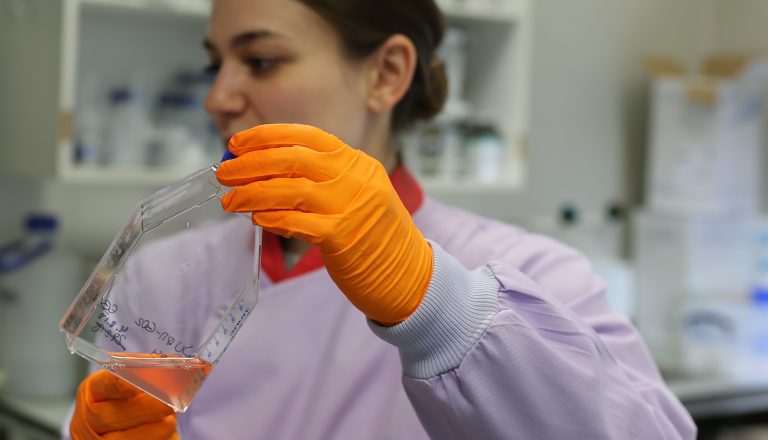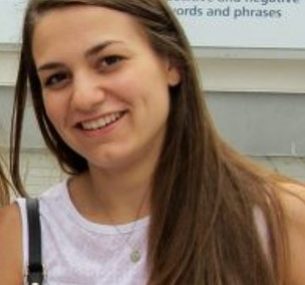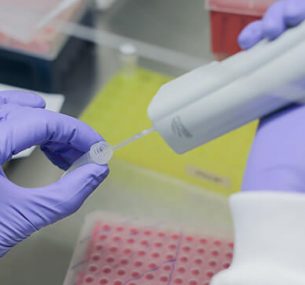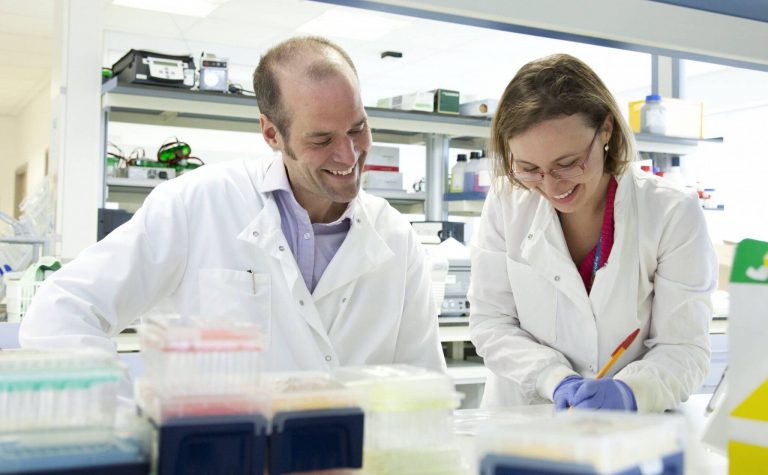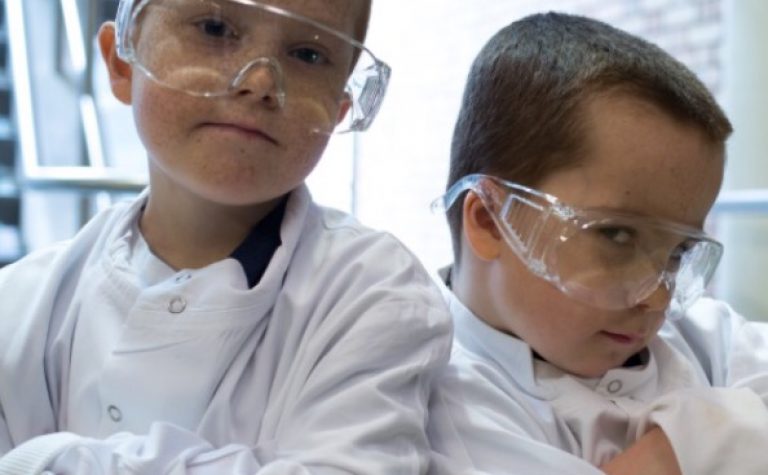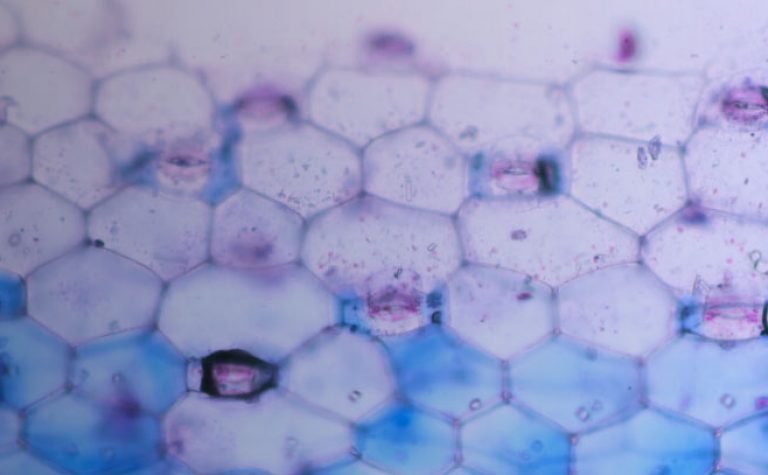My family has been affected by cancer
Although I don’t personally know anyone who has had neuroblastoma, my family has been affected by cancer, like most families. Both in my family, among my friends, and my friends’ families there are
people currently fighting different types of cancers, and people who sadly have lost their battles against the disease.
Urgent need for new treatments
The aim of my project is to develop
new therapies for neuroblastoma. About 50% of children affected by neuroblastoma do very well. However, only a small proportion of the other 50% of children affected by neuroblastoma will become long-term survivors, despite receiving very intensive treatment. Thus, we urgently need new treatments for this patient’s group. In addition,
current treatments can cause severe side-effects both while being administered, but also later on in life, making children very ill. The new therapies that we aim to develop will specifically target neuroblastoma cells, leaving healthy cells unharmed, meaning they will cause fewer and less-severe side effects.
